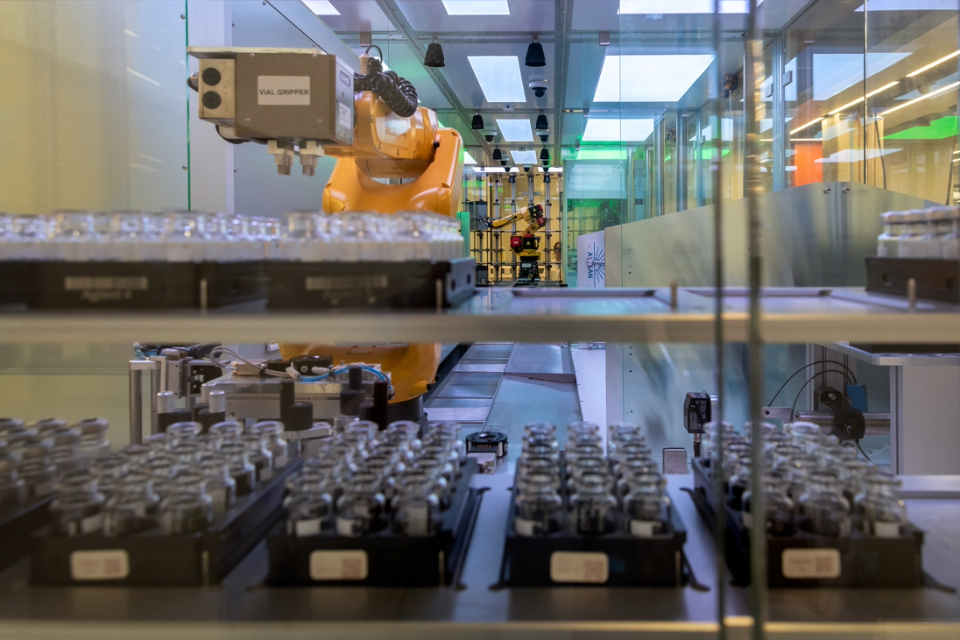
The University of Liverpool is a key partner in a £14 million initiative to develop a sustainable, next-generation manufacturing facility, using robotics, automation, artificial intelligence (AI), and data-driven technologies.
Led by AstraZeneca and supported by a consortium of leading pharmaceutical companies, SMEs, and academic institutions, the Sustainable Future Factory project aims to embed sustainability at the core of both research and development (R&D) and manufacturing processes.
Focusing on design-stage integration, the project seeks to enhance precision and efficiency while significantly reducing energy consumption and waste.
The collaborative project is set to deliver substantial improvements in productivity, efficiency, and circularity across the pharmaceutical sector. By integrating advanced technologies and addressing regulatory considerations, the project aspires to establish new industry standards for sustainable manufacturing.
Dr John Ward, from the University of Liverpool’s Department of Chemistry, is the Principal Investigator on the project.
He said: “This is an ambitious and exciting collaboration which brings together expertise from across industry and academia to shape the sustainable factories of the future.
“Here in Liverpool, Professor Andy Cooper’s group pioneered the world’s first fully autonomous mobile robotic chemist, and we are now leading the way in developing AI-driven autonomous robots to transform process-scale chemistry in the pharmaceutical sector.”
“Our world-leading expertise at the interface of robotics, AI and chemistry will contribute significantly to this project, driving innovation in sustainable manufacturing.”
Funding for the project is provided by the Innovate UK Sustainable Medicines Manufacturing Innovation Programme (SMMIP), which supports industry-led innovation to promote more sustainable medicines manufacturing in the UK.